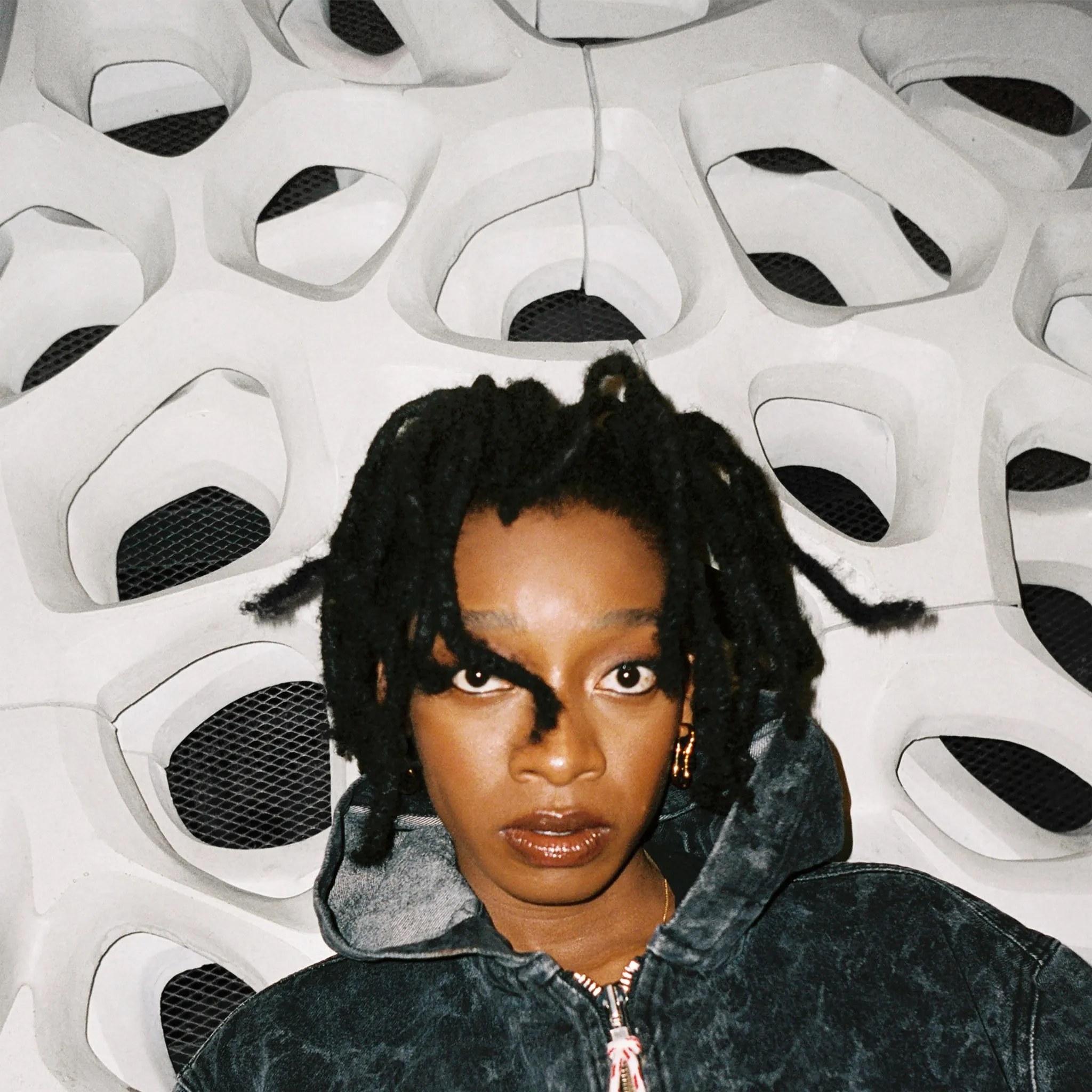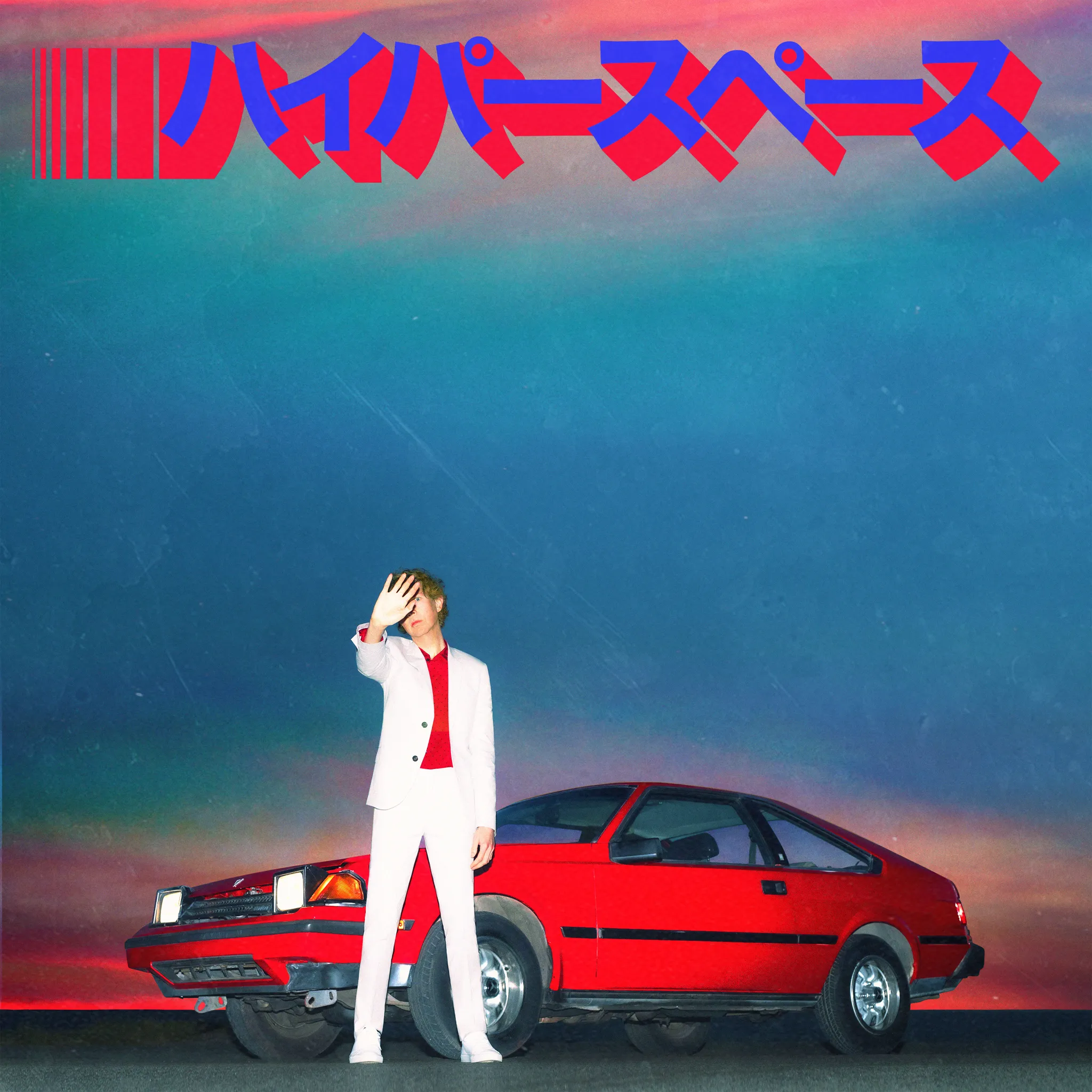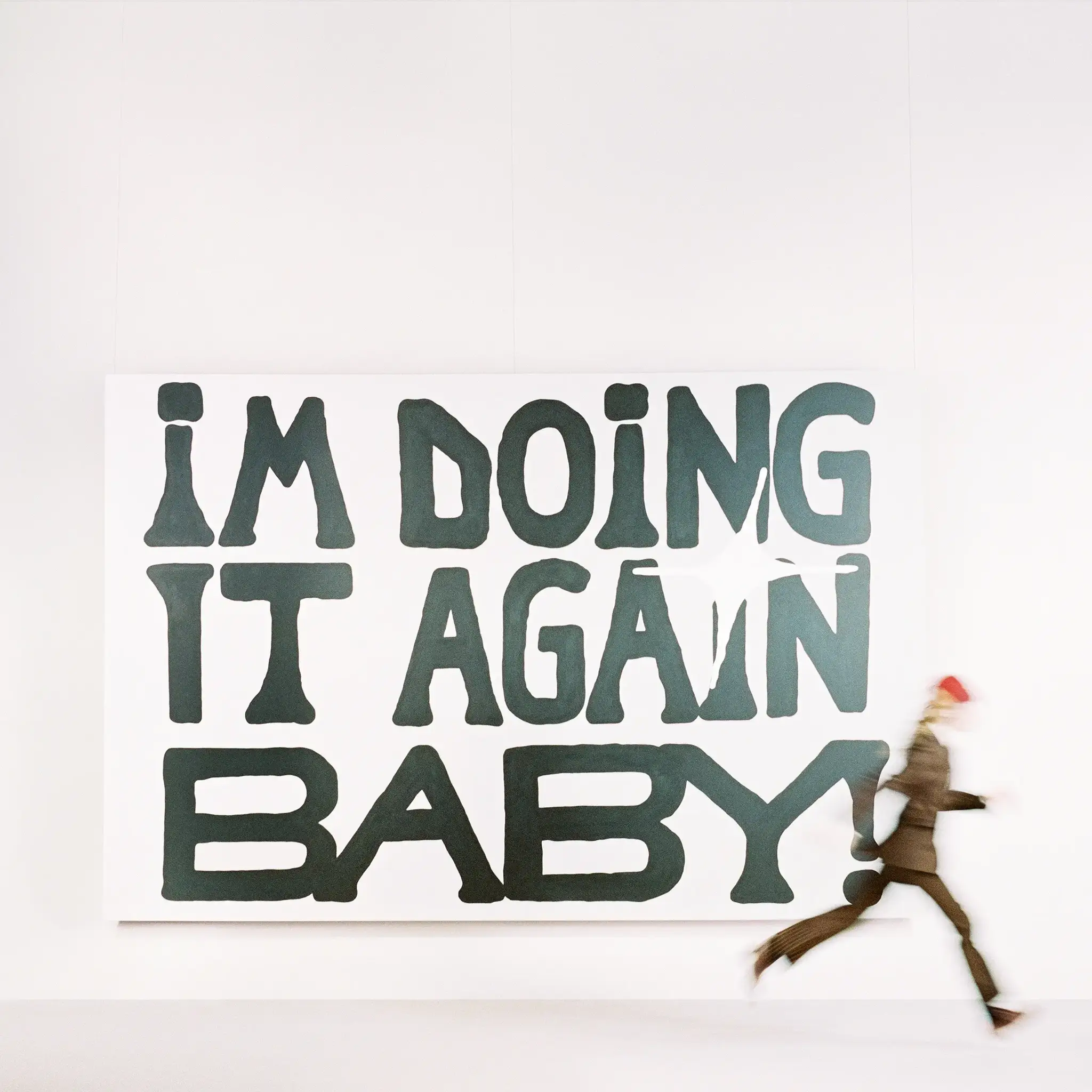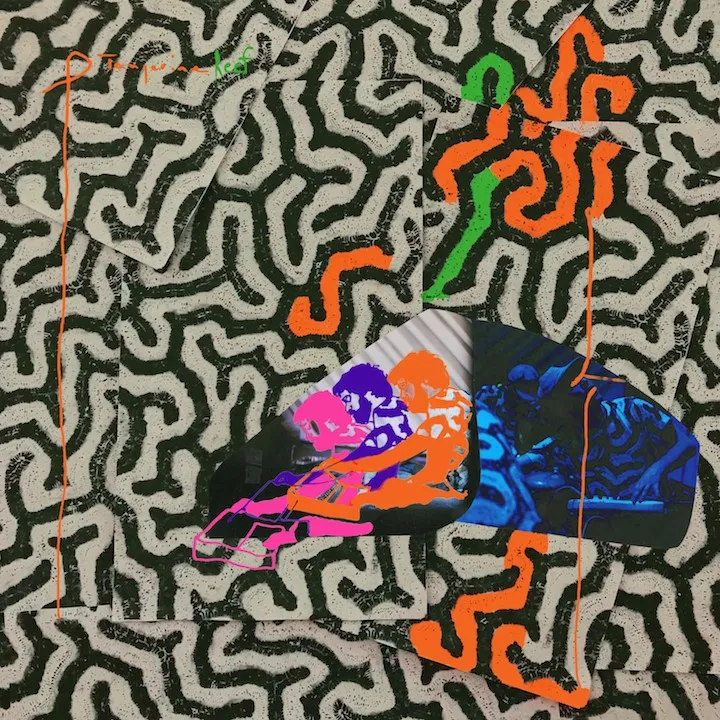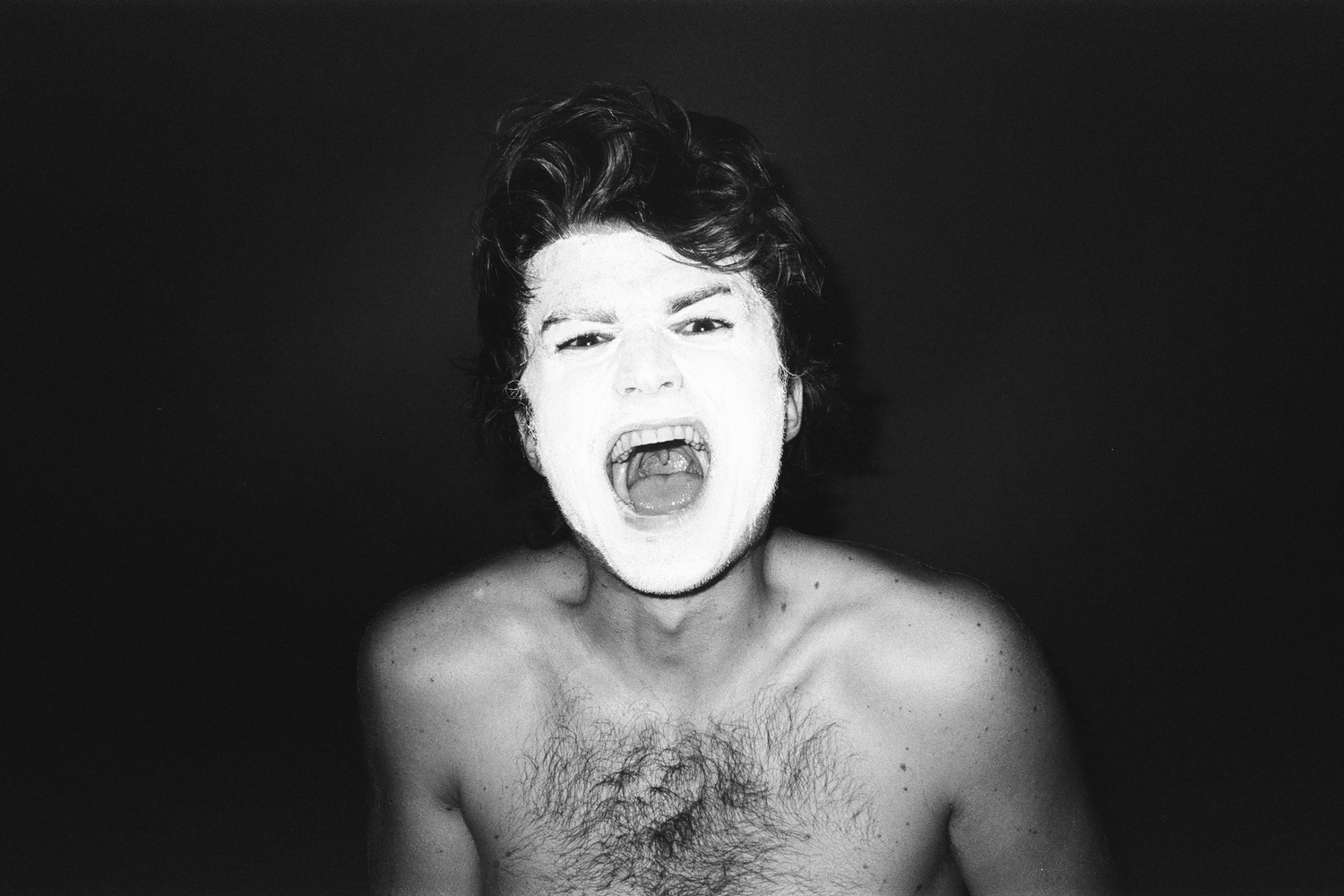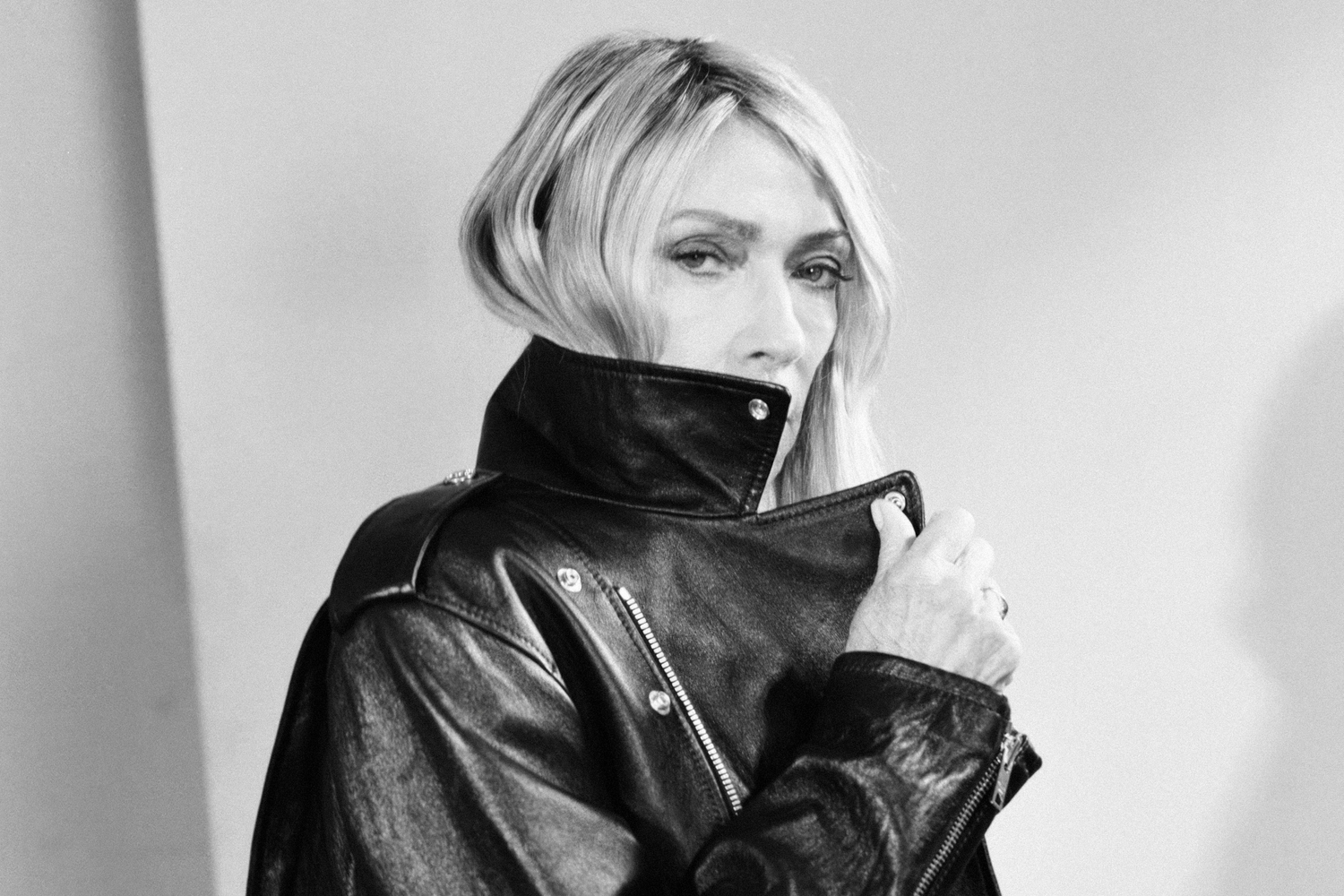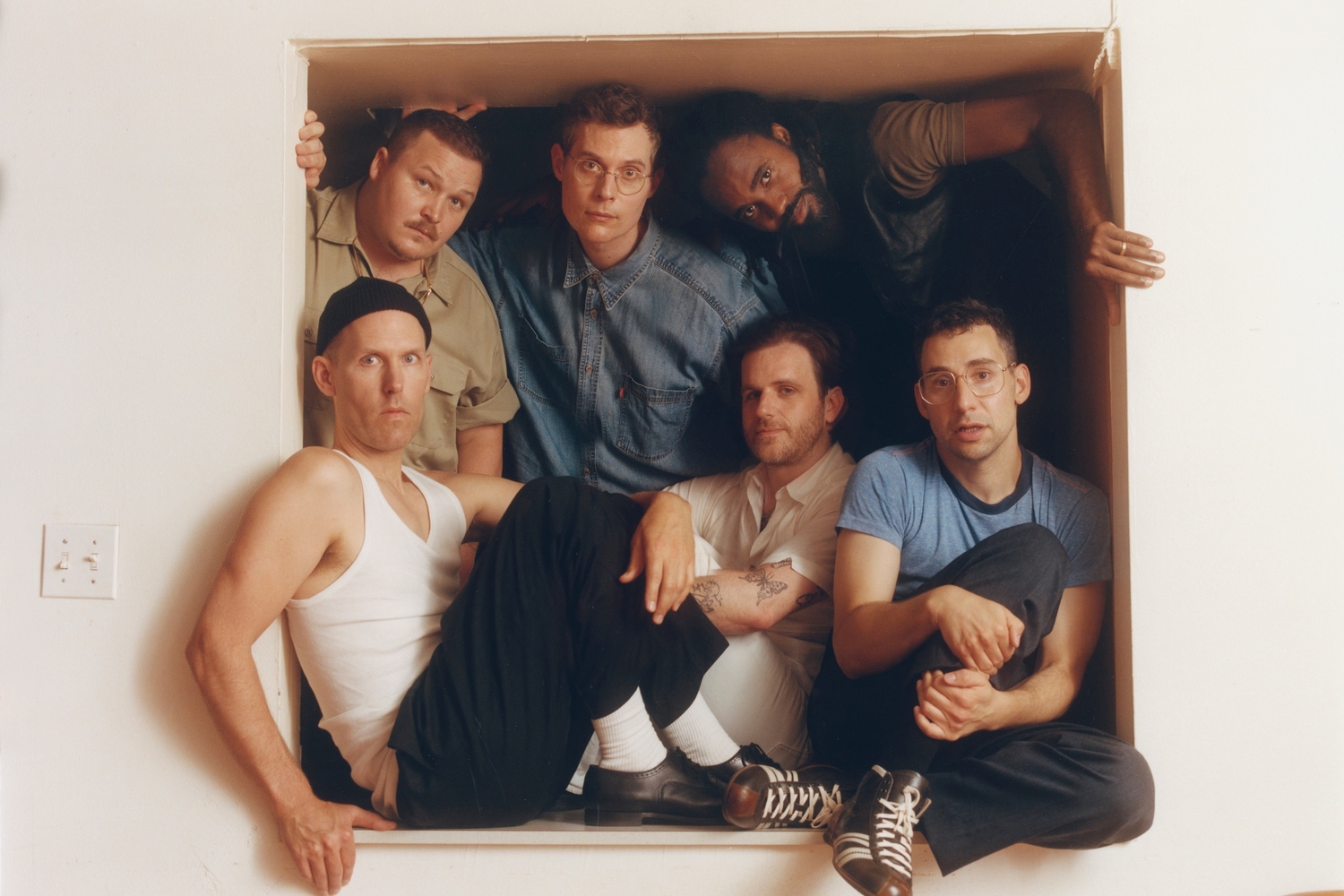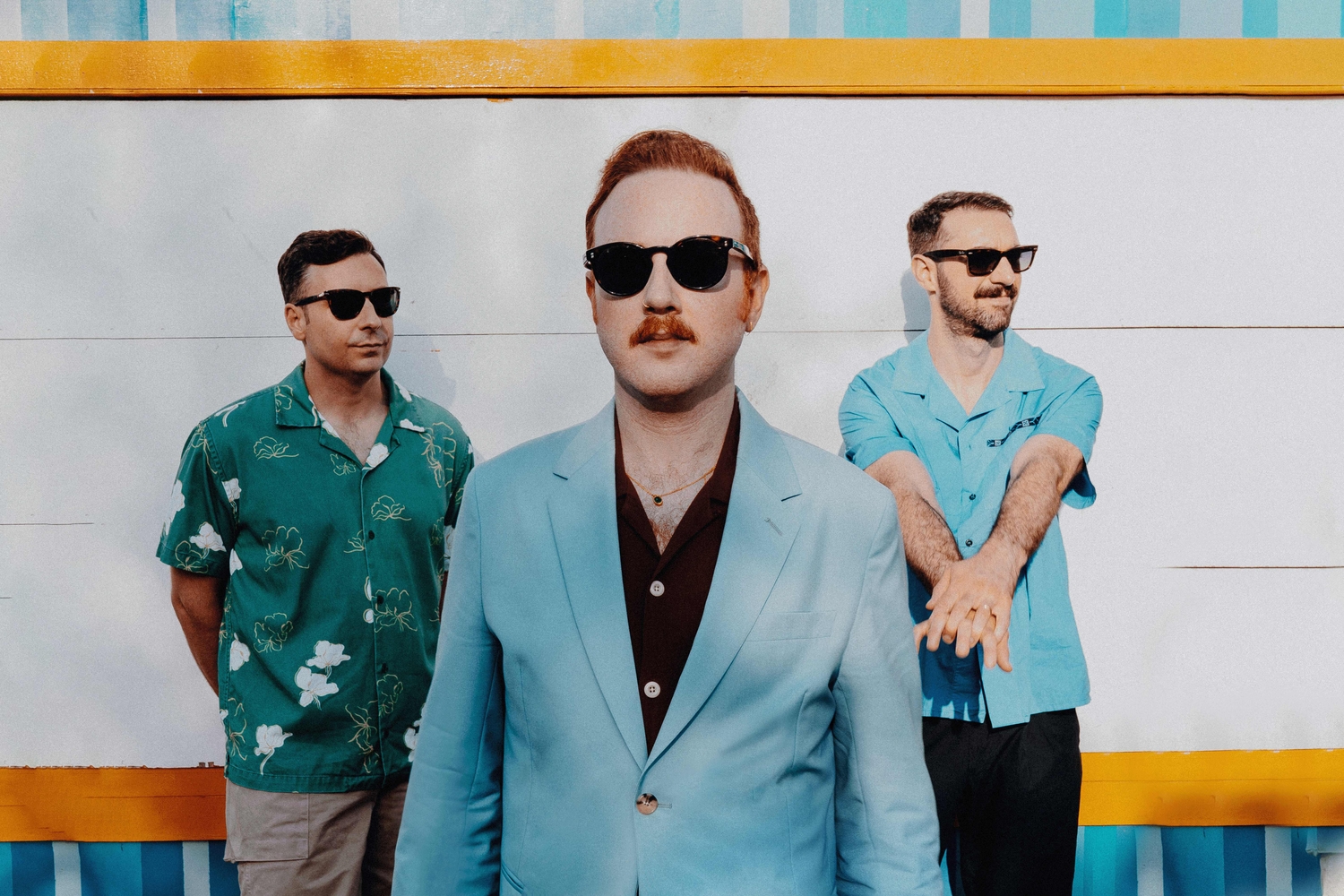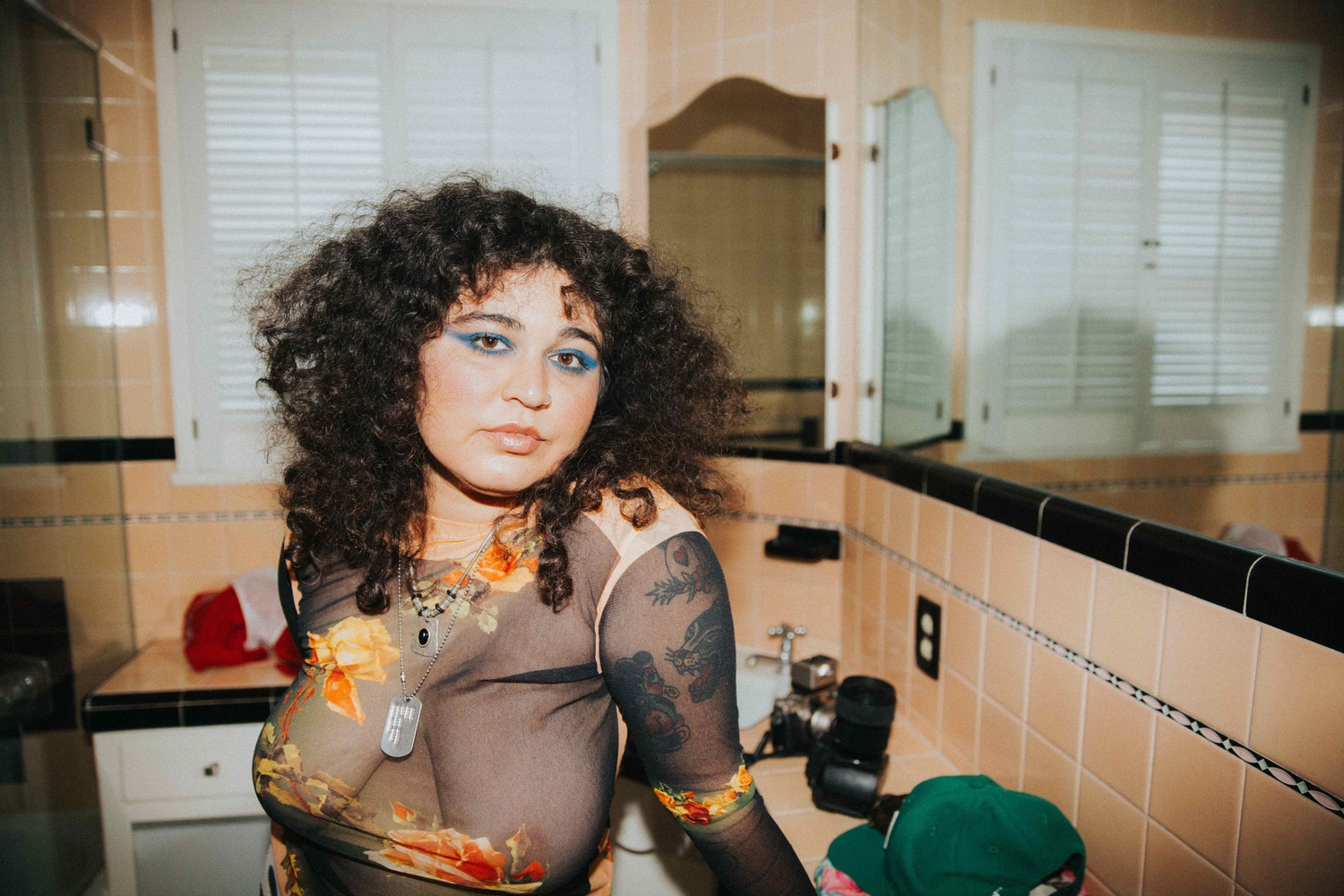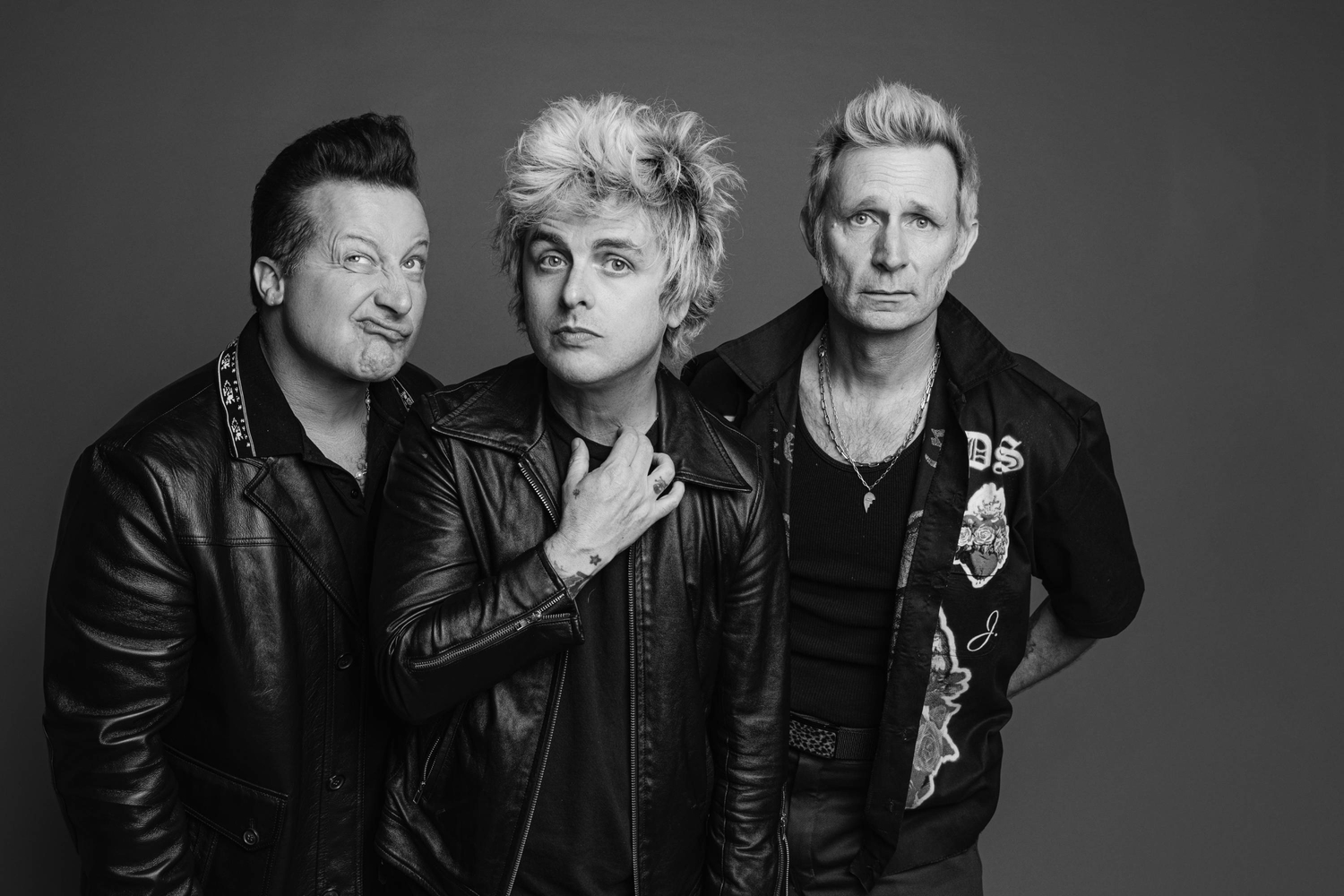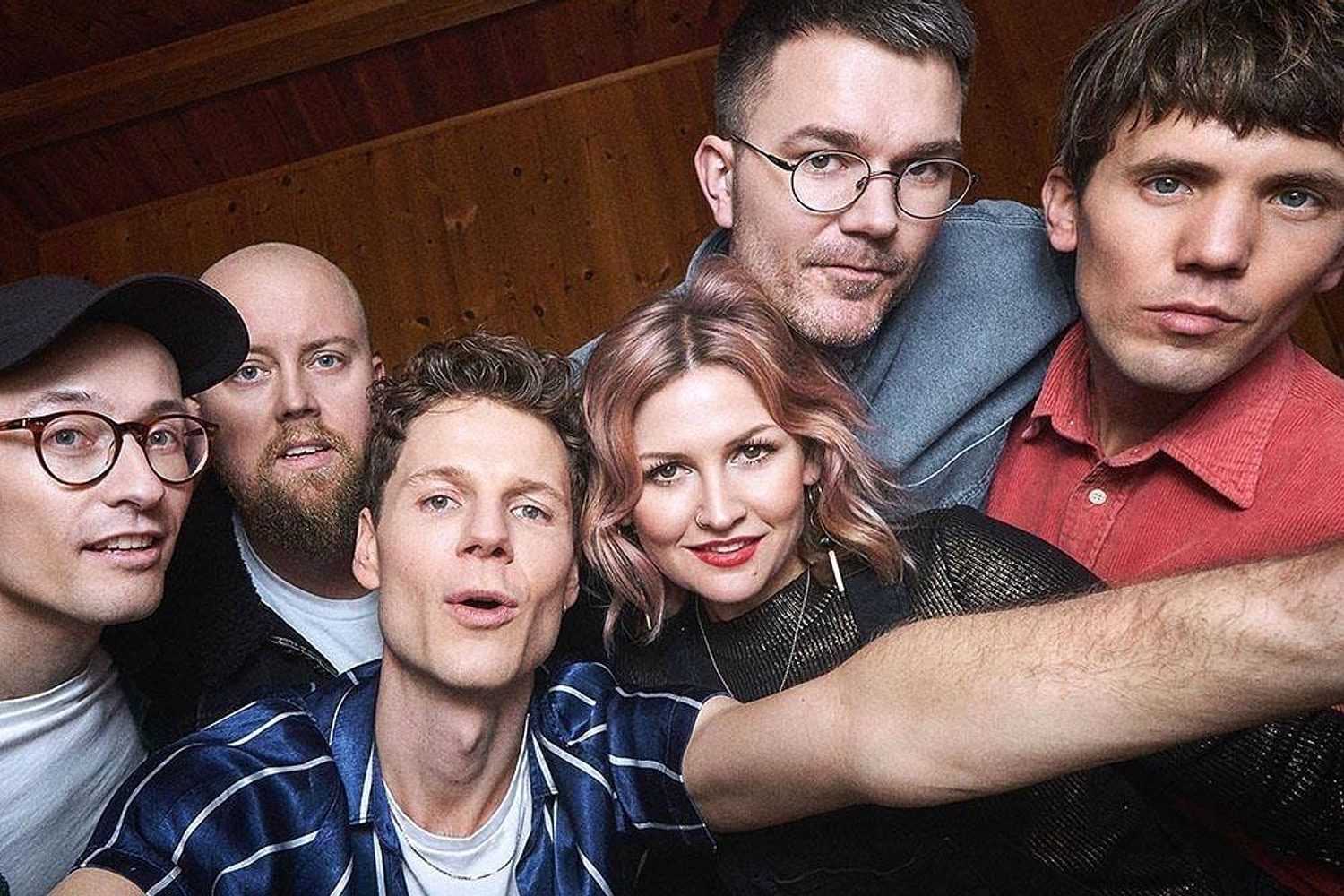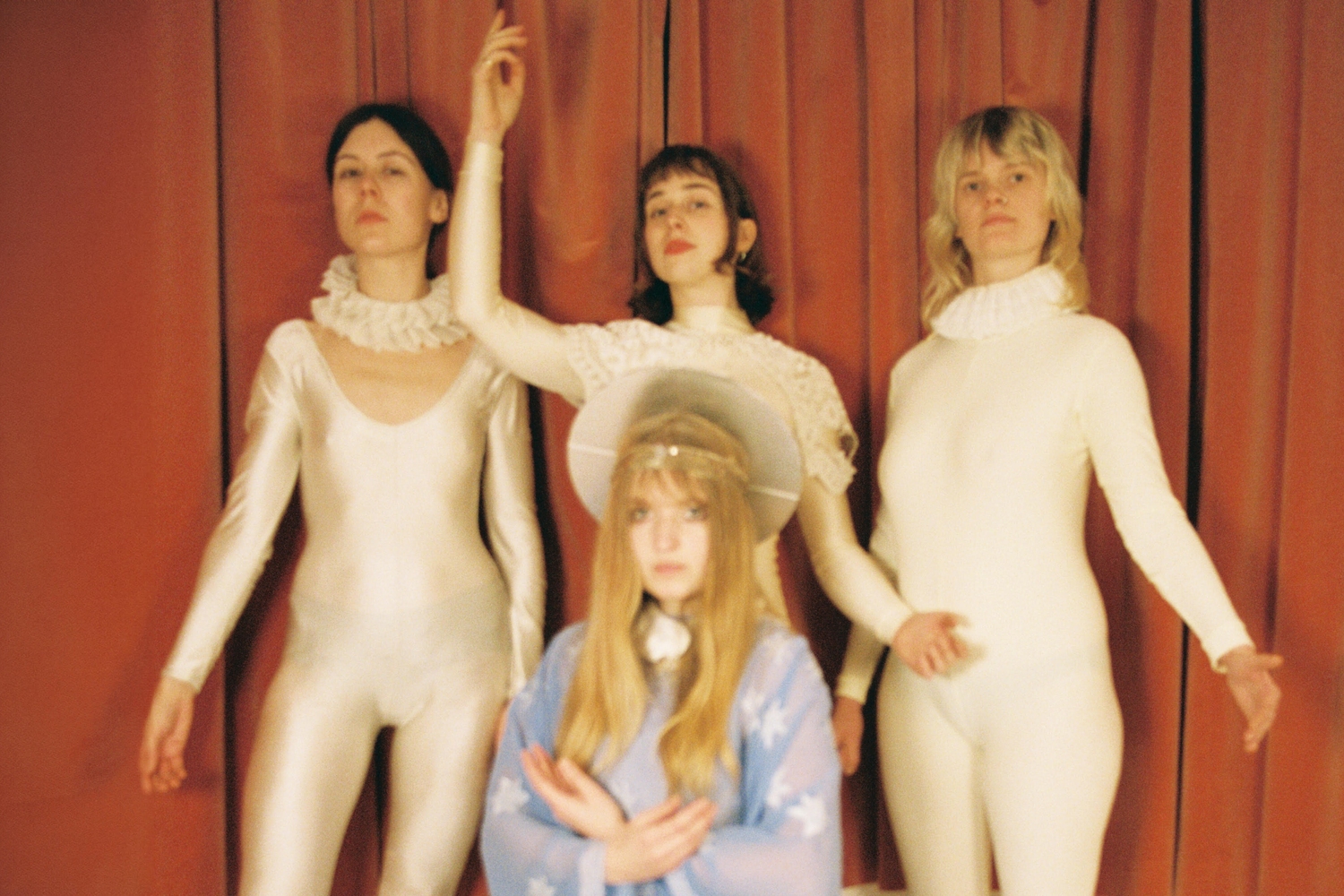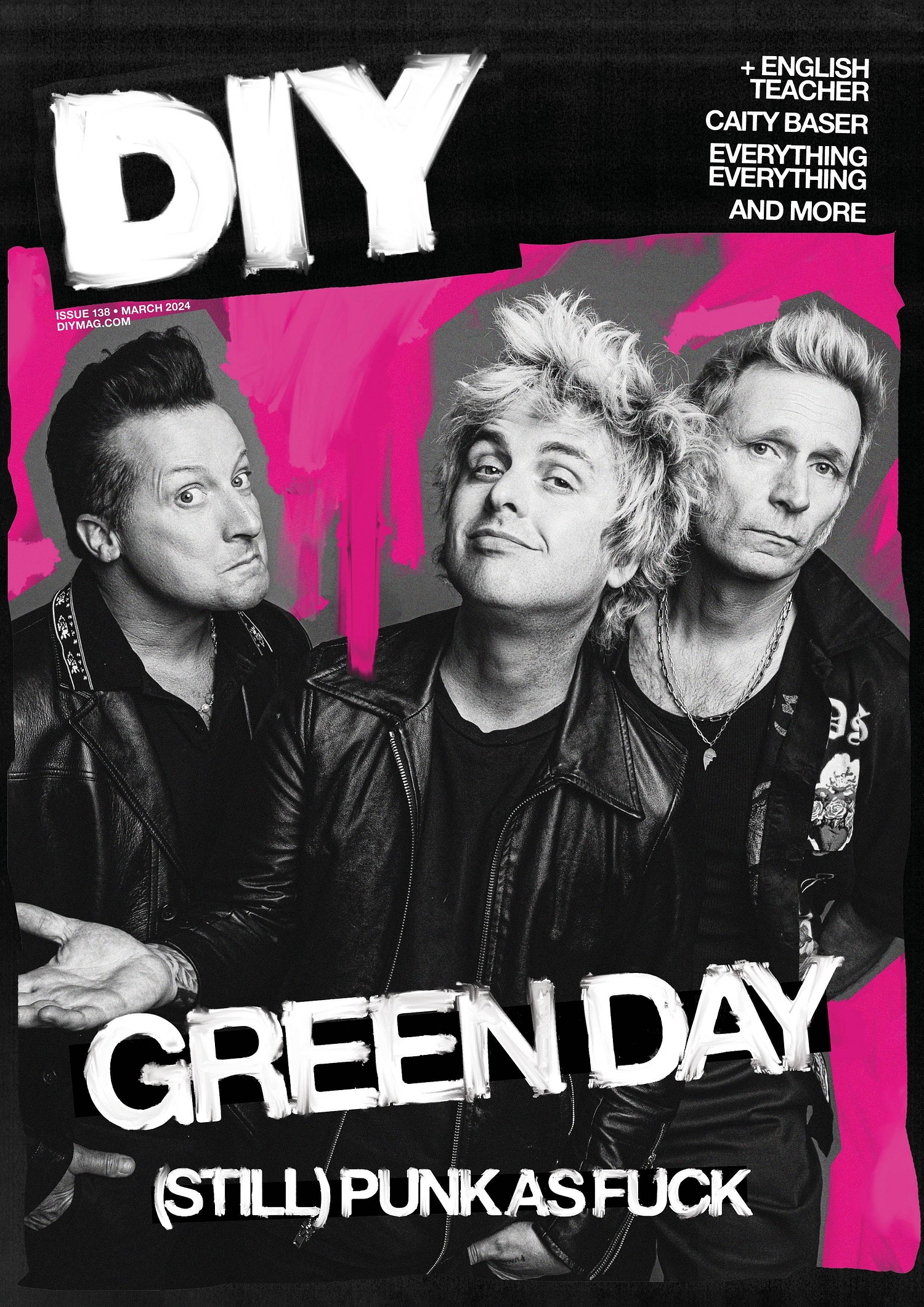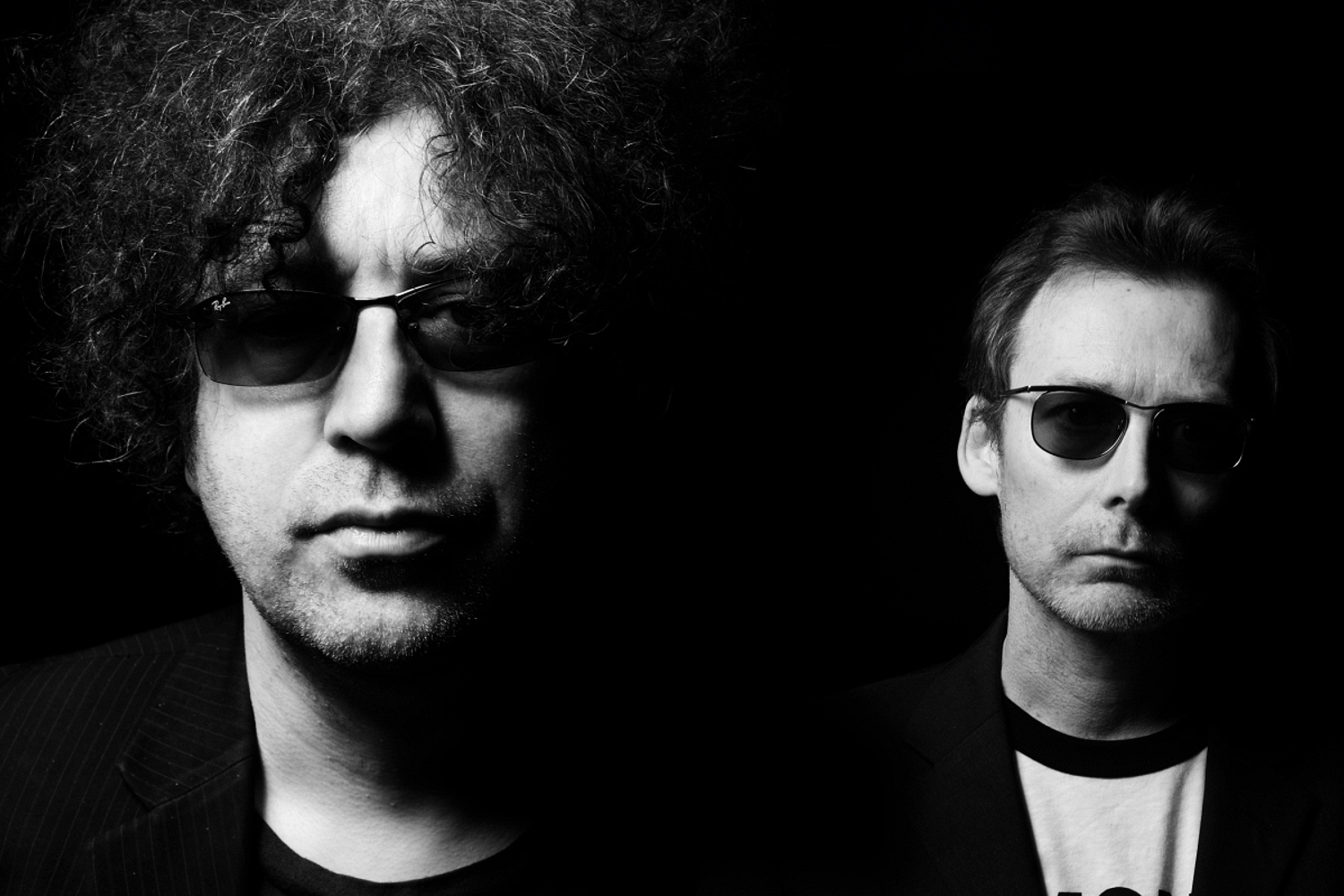
Interview New Tricks: The Jesus and Mary Chain
With the hatchet buried, Jim and William Reid are looking to the future on their first new record in nineteen years.
“After each tour we wanted to kill each other, and after the final tour, we tried.”
Back in 2006, that was Jim Reid’s take on the demise of The Jesus and Mary Chain. The frontman’s famously strained relationship with his guitar-playing brother, William, had threatened to derail the band countless times and, after the release of their sixth album ‘Munki’ in 1998, things finally came to a head. They were already close to breaking point during the recording sessions, so much so that the rest of the group would go into the studio with each sibling separately. As fine as some of the individual tracks are on the resulting LP, the faultlines are obvious throughout.
The experience was sufficiently traumatic to put Jim well off the idea of ever making another album with the Mary Chain, even after the brothers called an uneasy truce in 2007 to reform and play live. “The thing about touring,” he says from his home in Devon, “is that even though it can be claustrophobic in its own way, there’s still enough space that it’s bearable. When you go into a recording studio, you’re confined, and if you fall out with somebody, there’s no real escape.”
It’s for that reason, he explains, that it took so long for the band to make a seventh record. ‘Damage and Joy’ - out today (24th March) will land nearly nineteen years after ‘Munki’ was released. There’s tracks on the album that date back to before the band even reunited a decade ago; ‘Amputation’ was written during the Reids’ wilderness years, and has been cropping up on setlists since the very beginning of the reformation. It’s hard to know whether the Mary Chain have rolled back the years, or simply never let the intervening time catch up with them, but ‘Damage and Joy’ plays every inch like classic JAMC, with swooning melody and crunching volume again forming that most improbable and arresting of marriages.
Given how impressively they seem to have trapped themselves in amber over the past twenty years, this particular band might seem a strange choice for New Tricks, a series dedicated to looking forwards and never back. Therein lay the intrigue, really; just how different is the musical climate that the Reids are stepping into from the one they left behind so acrimoniously in the nineties? Jim stepped up to offer his take.
When did you realise that you’d renewed your relationship with William, to the point that you could go into the studio together again for ‘Damage and Joy’? It seems as if a new record’s been on the cards for a few years.
To be honest, I wasn’t sure we’d reached that point. You’re right - William was pretty keen to make a new album as far back as 2007. I wasn’t quite there, for various reasons, the most obvious being that the making of ‘Munki’ was still fresh in my memory. I really didn’t want to go back into the studio if it was going to be under those circumstances. There were other things, too; one of my daughters had just been born, and I didn’t want to disappear for three months of recording and then a year and a half of touring. I was looking for excuses not to do it, really, even though we’d always thought that it’d happen eventually.
Anyway, I guess one day I realised just how much time had passed since we reformed. People kept saying, “when’s that record of yours coming out?”, and I thought, this is embarrassing! We either get on with making one, or we start telling people that we were only kidding and that we were never actually going to do it. I met up with William and said, “I think I’m ready. Let’s do this.”
Youth [Martin Glover] produced the album, which was something new - the first time you’ve ever brought somebody from outside the band in to handle that role. Why now?
We recorded it, for the most part, at his place in Granada, in Spain. It’s just his studio at his house, which is in the middle of nowhere in the desert. That was obviously terrifying because, at the best of times, if you’re not getting along in the studio, everything tends to be magnified and intensified. We knew if that happened, there’d be no way to get away from the situation. There was an element of us just thinking it’d be interesting to bring a producer in, purely because we hadn’t done it before, but we also thought he might act as some sort of referee if the shit hit the fan. “He called me this, he called me that, sort it out, man, you’re the producer!” It never really did get like that, to be honest. I wouldn’t say everything was hunky dory - there were arguments - but nothing like what we’d been anticipating. Generally speaking, the vibe was constructive, not destructive.
How many new songs did you already have written, and how many materialised after you’d decided to make another record?
It’s about half and half, I’d say. There’s a bunch of stuff that’s been kicking around for a while, and some of it’s already been out in different forms - there’s a track called ‘All Things Must Pass’ that originally came out on the Heroes soundtrack in 2008, and there’s a new version of it on the album. It was things like that, that’d already been out but that nobody seemed aware of - we wanted to collect them on our album so that they weren’t so obscure. That’s really the reason why it’s basically a double album - there’s fourteen, in my opinion, very good Mary Chain songs on there, and it’s a mix of new stuff and material that’s been knocking around for a few years.
"Even now, I don’t really understand the business any more."
The industry’s changed so much since ‘Munki’ - was it on your mind that you’d be entering into an entirely new state of play when you came to release ‘Damage and Joy’?
That was probably something we started thinking about after we’d finished it, rather than during the recording itself. The process of conceiving the album was pretty much the same as it always was - we just wanted to make good music that pleased us coming out of those big, massive speakers. The rest is up to everybody else. We make a record that we feel bloody good about, and whatever happens after that, great. Or not so great. Either way, we can live with it.
The first track on the new record, ‘Amputation’, seems to be about feeling left behind by the business, though…
Oh, yeah. That’s one of the older songs, and it was written at a point where it seemed that neither myself nor William could get arrested, you know? It seemed like nobody gave a fuck. No-one was interested. We tried to get solo careers off the ground, and nobody wanted to know.
As far as the Mary Chain were concerned, there was a time when it seemed as if people weren’t even interested in the back catalogue any more.
There was this party called the rock and roll music industry, and it seemed to have no use for us; we weren’t invited, and if we had been invited, we were now expelled. We were living in exile. It seemed like we were amputated from the music scene, and we felt kind of despondent and slightly bitter, but what the hey? Even now, I don’t really understand the business any more.
Did those feelings begin to fade when you saw how positively the Psychocandy anniversary tour was received?
Well, one of the reasons why we like to go out and play, even though we don’t overdo it with the touring these days, is that it reminds you that there’s still an audience out there. If you’re sitting around the house on a cold Tuesday night, you feel like nobody gives a shit, and that there’s nothing there for you. We played in New Orleans a couple of weeks ago, and there were about a thousand people who bothered to come out to see the Mary Chain. That blows my mind. There’s young kids as well as guys our age, so playing live has always made us feel that there’s a point to doing this. And yeah, I guess the ‘Psychocandy’ tour felt celebratory, not just of that album, but of the fact that the band was still around. That was a big factor in us thinking, fuck it - let’s make another one.
"I’m just going to sound hopelessly out of touch here, but the last band I remember getting really excited about was Tame Impala."
It’s interesting that you mention the new generation of Mary Chain fans, because they’ve probably discovered you through the internet. Last time we spoke, you were pretty down on things like iTunes - the effect it has in terms of kids cherry-picking songs, and not listening to records start-to-finish any more…
I mean, I can hardly argue with that - I certainly believe that a lot of the younger people who are finding us these days have seen ‘Just Like Honey’ or whatever on YouTube, you know? Our back catalogue’s up there for everybody to grab little bits of if they want, and that’s fine. I do feel like, at the same time, it’s sad that people will never experience something like I did when I first heard, say, Lou Reed’s ‘Transformer’. That was a little slice of perfection, and it was an album - the whole package made sense. If you break that down into pieces, you lose something. If it’s inevitable and it has to happen, then so be it, but I can still grieve for it privately.
Did new technologies play a part in the studio this time around?
Definitely - I mean, it was kind of done differently to previous albums in that respect. It sounds like a Mary Chain record of old, but there was a lot of technology that we used that simply didn’t exist when we were making music before. We’d be sitting in the studio and suddenly, somebody would get an idea to, I don’t know, drop a 1960s drum sound into the chorus or something. Before you knew it, your engineer would just whip it up, and there it is, within about thirty seconds. You’re thinking, “fucking hell! When did it happen that you were able to do this kind of shit?” It’s just incredible what you can pull off now. Essentially, the process is the same, but there are little things like that that make life easier now.
Are there any new artists that you’ve particularly enjoyed in recent years?
I’m just going to sound hopelessly out of touch here. The last band I remember getting really excited about was Tame Impala. I got one of their records from a place in Soho; it was playing in the shop, and I had to go over and ask the guy, “who’s this?” I don’t do that very often, it has to be said. I can’t actually remember the last album I bought. It might even have been that one.
Do you feel as if new influences have still managed to find their way on to ‘Damage and Joy,’ even though you don’t listen to a lot of contemporary bands?
I think if you listen to rock and roll music, or indie or alternative or whatever you want to call it - I mean, call it pop, I don’t care - if you listen to it long enough, you’ll have heard it all. You’ll really, really have heard it all. It’s a cycle, and if you’ve listened to the whole cycle, you realise that very, very little that’s new ever gets introduced to it. Say the cycle lasts for forty years: all you’re going to see is borrowing and reconstructing as an art form. That’s what the Mary Chain did, and that’s what all the best bands have done - listened to their heroes, taken the bits they like and stuck them all together, and sometimes, because you don’t know what you’re doing, you make something unique by getting it wrong.
I think it gets a bit depressing if you’re happy with pastiche. I’ve heard bands where people say, “oh, they sound like the Mary Chain”. Some of them sound a bit like us, but there has to be something else going on, a bit of themselves in the music too, because if they just sounded like the Mary Chain, what’s the point? Anybody - The Clash, The Pistols, whatever, if you’re not going to update it and put yourself in it, then you shouldn’t really bother. That’s the trick.
There are some new collaborations on the record, though. How did they come about?
Yeah, there’s some duets on there. What happened was that we’d had the idea of doing a duets album, and we had a whole bunch of songs that would have worked for it - a full record’s worth. In the end, we thought that if this is going to be the first album in eighteen or nineteen years, let’s just make it the best it can possibly be, so we scrapped the duets idea but took a handful of the songs earmarked for that record and put them on this one instead. At that point, we started to think about who we’d like to sing on these songs, so we drew up a list and asked around.
Sky Ferreira had just been working with Bobby Gillespie, and he suggested her - that worked out pretty good, and then there’s Isobel Campbell, who myself and William have both loved for a while. We don’t know her, but we thought, all it takes is a phone call to find out whether she’d do it or not, and she was up for it.
What’s the plan for the future from here? Could you envision another new Mary Chain record after this one, once you’re done touring?
I think so, yeah. That’s the thing; we were so nervous about how the recording of this album was going to be, and it’s actually worked out quite well - we’re getting along just fine at the moment, and we actually feel like we could easily make another one now, if we wanted to. We’ve got the songs, so why not?
As for the touring, I think the key these days is to try to do it in bursts. If you can do a short little jaunt this month, and then have a break next month, and then go off and do it again - it’s just a much more civilised way to go about it. In the past, you tended to go away for something like six months at a time, and by the time you finally got home, you’d think, “well, my liver hurts and I want to kill my brother”. That’s probably an approach best avoided these days.
The Jesus and Mary Chain’s new album ‘Damage and Joy’ is out now.
Read More
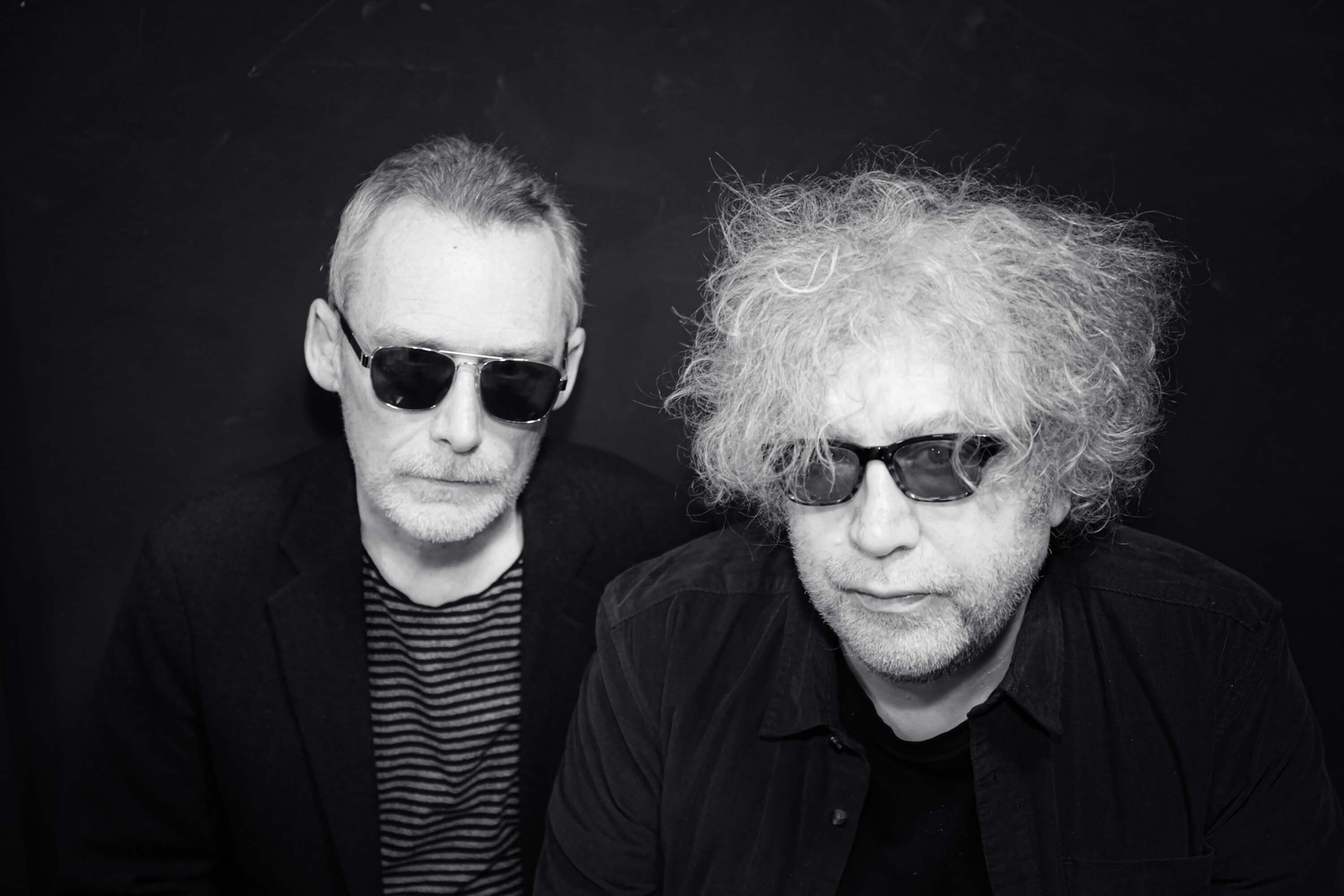
The Jesus and Mary Chain - Glasgow Eyes
3-5 Stars
The band appear to have tapped into a rich new vein of songwriting form.
6th March 2024, 8:00am
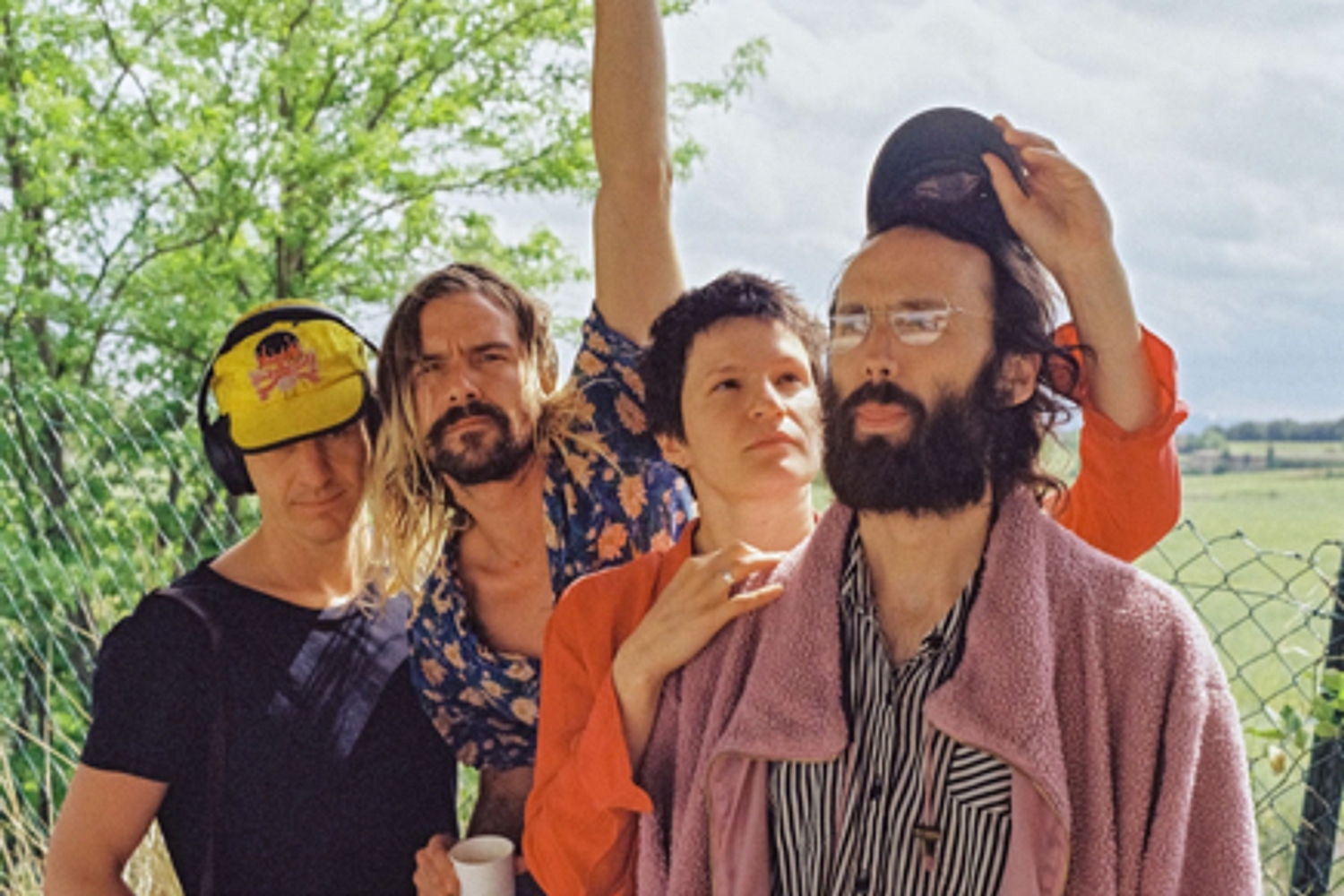
Green Man unveils Big Thief, Sampha, Sleaford Mods and more for 2024 lineup
Tickets for the Welsh festival sold out before any artists had been confirmed.
1st March 2024, 10:26am
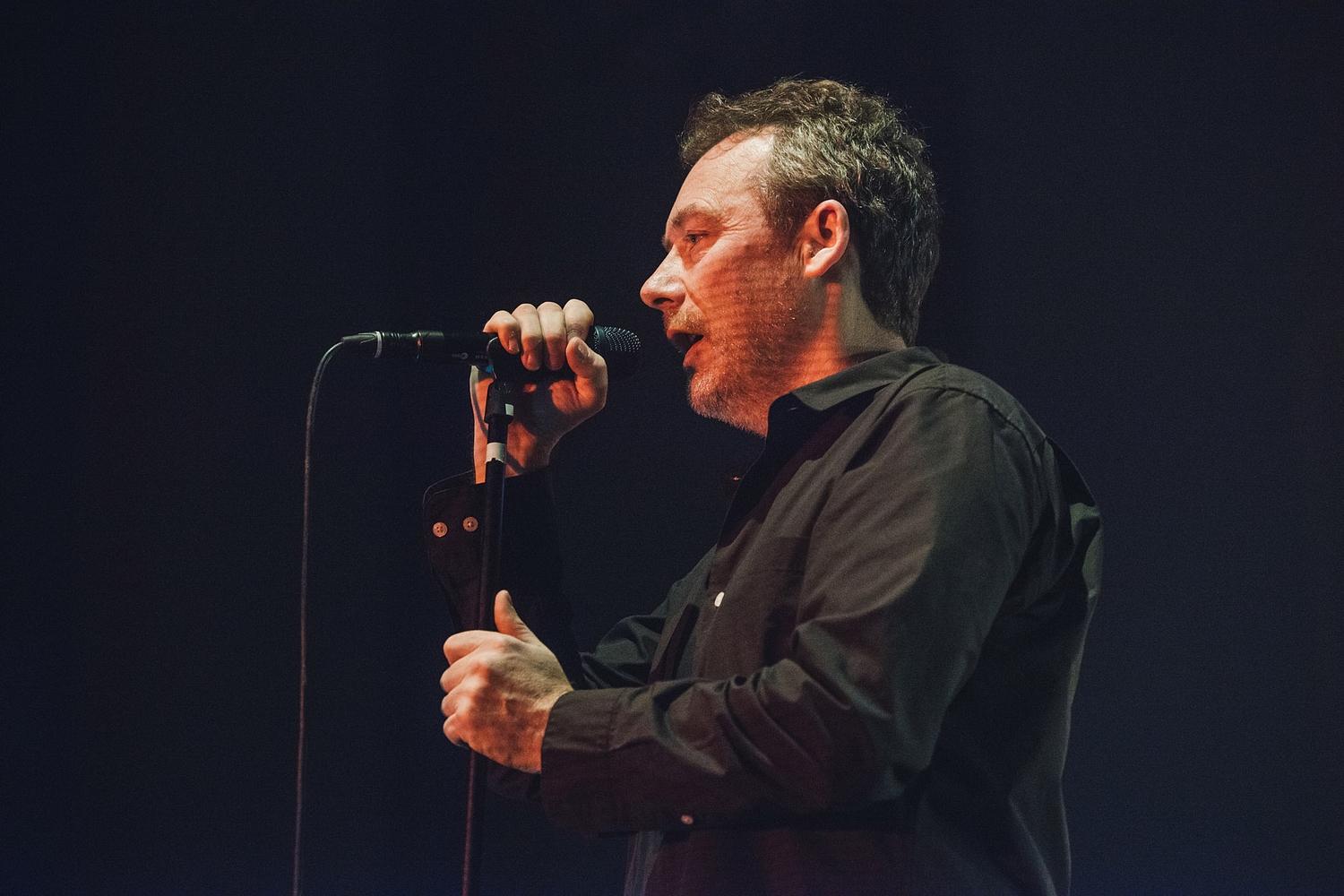
The Jesus and Mary Chain & Aurora added to Ypsigrock 2018
They join The Horrors and Shame on the line-up for the Sicilian festival this summer.
28th March 2018, 12:00am
The Jesus and Mary Chain team up with Sky Ferreira on ‘The Two Of Us’
The new version of the track follows their collaboration on Colbert in May.
25th August 2017, 12:00am
Popular right now
Featuring Green Day, English Teacher, Everything Everything, Caity Baser and more!

